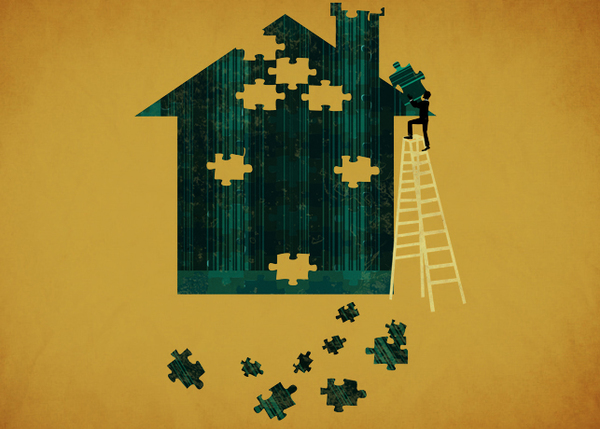You are viewing 1 of your 1 free articles
We need a new model for assessing the societal value of developments
The benefit to society needs to be measured and reported in a transparent way to give a picture of a development’s true worth, argues Sara Bailey
A hot topic across the sector is how to create places where people want to live and work now but also in the future; a future we know little about.
At this point in time a council has to sell its land at ‘best consideration’ as defined by the government.
This can be very limiting, and to sell for less than this you need to get specific secretary of state consent for Housing Revenue Account land.
The Housing White Paper suggested that the need for best consideration may be relaxed. This provides an opportunity for the Treasury to look at including a measure of societal value in guidance for valuers.
The greatest financial return on investment is achieved by creating buildings and places in which people and communities thrive.
For this to occur, we believe that real estate projects have to be both financially beneficial to the investor and generate sufficient long-term societal benefit for those who experience the development.
If both these factors are to be established then societal value needs to be understood, measured and reported in a way that is transparent and understandable to all those affected.
Along with our working group of leaders from the public and private sector, we worked with consultancy Real Worth to develop recommendations to help remove the barriers to creating better built environments that will help the government and industry take a fresh look at valuation methods, review planning policy and work towards better performance metrics.
These measures will, we believe, help to change the way society views the true value of development.
The report identifies four avenues of action. These include:
- Inform industry about the tools to provide a broader understanding of urban quality and development
- Enhance current valuation methods
- Provide policy backup and influence, and a refinement to planning policy
- Introduce performance metrics that correspond with what is valued by stakeholders
We also explored a number of sub-issues, including the reasons why a more comprehensive or inclusive valuation method for real estate is not, as a rule, being adopted as common practice by the sector. For example, market-based valuation techniques such as cost-benefit analysis do not accurately reflect societal value.
Our key recommendations are intended to have a positive impact on development and thereby alleviate some of these challenges:
Shifting current practice to include reporting on societal value
There is a need for a fresh impetus across the industry to create accepted methods to define societal value. Commissioning research, cross-discipline debates and working with the industry’s professional bodies and the Treasury on new guidance would contribute to this aim. A review of the Green Book led by HM Treasury could also add to the technical advice on how to monetise social and environmental change.
Improving techniques to understand how people feel about their surroundings
A review of how public consultation is carried out during the development process could result in a more effective partnership between communities and developers. For example, it could provide early identification of what the bespoke needs are for different communities.
What can be done by central government?
A green paper on societal value and development could be commissioned and published by the Ministry for Housing, Communities and Local Government. This could set out a new approach on how to establish the viability of development and regeneration projects, so they conform to the inclusive growth model.
What can be done by developers and local authorities?
All parties in the development process should carefully and meticulously align the community’s views with the aspirations and ambitions of other stakeholders.
Our passion is about providing a catalyst for a greater tendency in real estate to build for long-term value not short-term gain, and proving that a development agenda based on the needs of people and society makes financial sense.
Sara Bailey, head of real estate, Trowers & Hamlins












